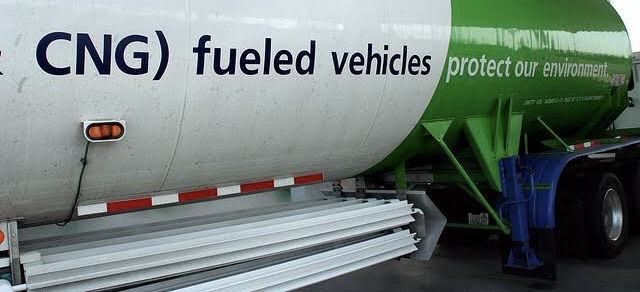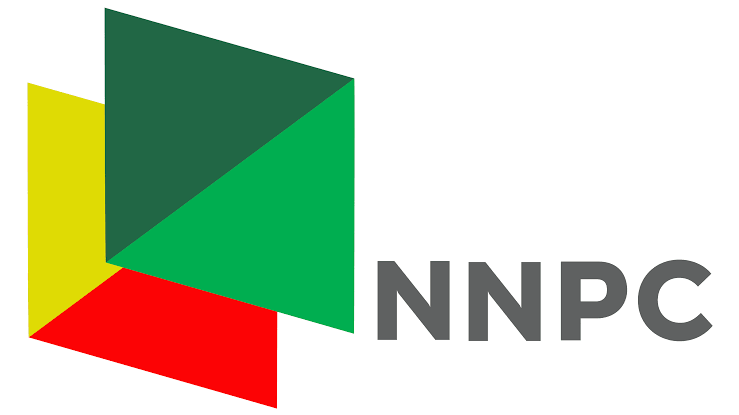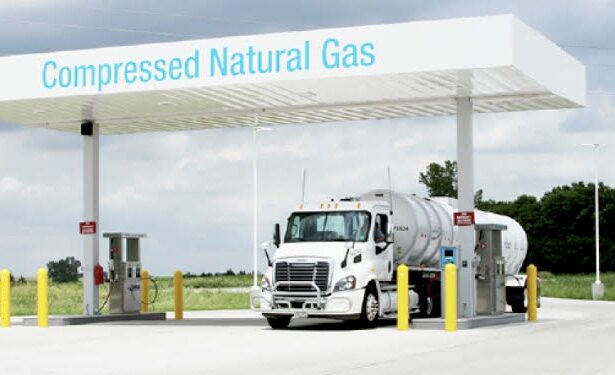The Nigerian government has recently declared that the era of purchasing Premium Motor Spirit, commonly known as petrol or gasoline, at a price range of ₦750 to ₦1000 per litre is now over.
According to journalists’ reports, the government’s recent statement aligning with the end of high petrol prices coincide with the planned commissioning of 30,000 Compressed Natural Gas (CNG) powered vehicles within the next three months.

Project Director/ Managing Director of the Presidential Compressed Natural Gas Initiative, Michael Oluwagbemi, made the announcement during a Park-to-Park CNG Mobilisation Programme held at Ojota Park, Lagos on Saturday.
Oluwagbemi revealed that the initiative will cost N36 billion and 30,000 CNG conversion kits will be distributed free of charge across the country within the next three months.
The value of each kit and the associated conversion costs is ₦1.2 million per vehicle, bringing the total cost of the project to ₦36 billion.
He stressed that the initiative is aimed at promoting the use of CNG as an alternative fuel for transportation.
“Today, we are here with conversion kits. We have purchased over 30,000 of these kits for distribution within the next 90 days.”

“The President has instructed us that this initiative will not stop at 30,000 kits. The target is one million kits. We want to ensure that everyone can benefit from this government initiative.”
“The era of buying fuel at ₦750, ₦800, or ₦1000 per liter is over. We will start using the gas under our feet so that we can purchase it at ₦230 per kilogram,” he stated.
The initiative follows President Bola Tinubu’s directive to all ministries, departments, and agencies to procure CNG-fuelled vehicles to mitigate the impact of the removal of fuel subsidy.
Previous reports show that the Nigerian National Petroleum Corporation (NNPC) has announced a major shift to Compressed Natural Gas (CNG) as a cheaper and more sustainable alternative to Premium Motor Spirit (PMS), commonly known as petrol.
NNPC has announced that using CNG in vehicles will reduce costs by 40% compared to petrol.
































